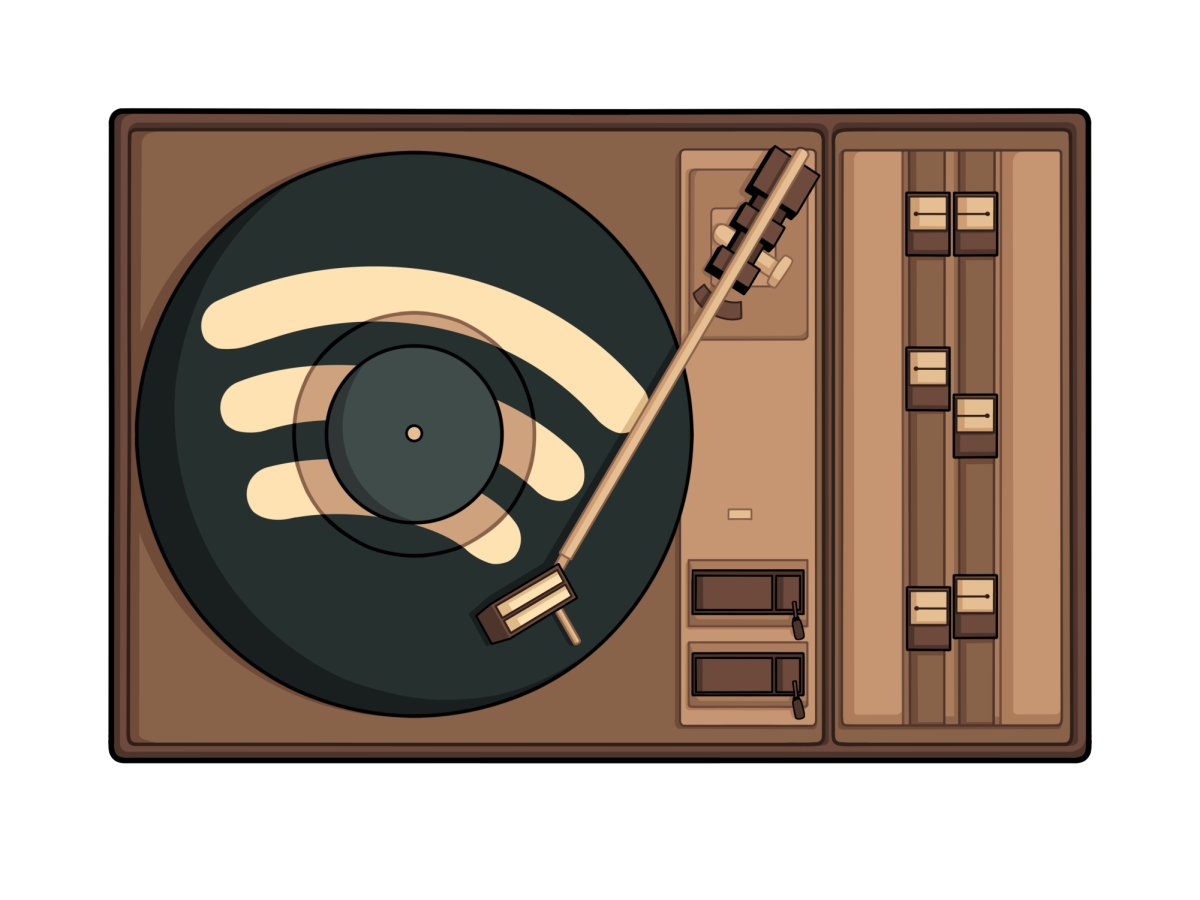In any song you listen to, it’ll be there. It’s easy to tune it out as background noise, write it off as unnecessary, or even just forget about it. Yet bass is often the most crucial component of any musical piece of any genre; all it takes is one attentive listen to recognize this.
The versatile instrument can take many forms. In a rock song, it could be the bass guitar. The bassist can choose to pluck it with a pick in order to give it punch, slap it to maximize funk levels, or play in the traditional fingerstyle for speed and precision. In a jazz song, it could be the upright bass, massive as it is striking. In a pop or dance song, it could be the bass synthesiser, distorted and twisted, or soft and ethereal. Yet there is a reason why a musician never neglects to include bass in their songs.
From a technical point of view, bass provides the critical low end, one of the three “sides” of the sonic spectrum — the others being the more melodic mids and the flashier highs. These parts comprise the audible frequency that our ears can hear, from the lowest note to the highest. In essence, they are simply a way to delineate how our ears process sound. The low end is what truly completes the song — what makes it feel full, or what makes it drive. It adds a punch. Without the low end, a song would feel too light and unfulfilling. Artists often weaponize this, tinging their intros with a feeling of anticipation by withholding the bass and playing solely mid-range instruments — usually guitar or keyboards — until multiple seconds later. The next time you hear a song with a quiet or foreboding intro, keep your ears primed and get ready for the inevitable grumble of the bass. Music without bass is wild, volatile, and directionless. Bass is, both technically and less palpably, what gives music its essence.
Upon cursory listens, many popular songs can be revealed as slyly (or blatantly) bass-centric. The obvious ones are famous for their bass-isms: Queen’s “Another One Bites the Dust” or Michael Jackson’s “Billie Jean”. Yet even when the bass is subtle, it continues to carry the song. Bruno Mars is a master of the pop bassline: despite their lush instrumentations, “24k Magic” and “Uptown Funk” both rely on bass for their distinctive grooves. It is not, in fact, the synth or the guitar that creates the inscrutable rush of the songs, but the bass.
For every song, the low end is a necessity. Bass is the instrument that gets the job done. While the instruments of higher frequencies often steal the spotlight, it is high time that the bass garners its long-awaited appreciation. Your favorite songs carry a seemingly intangible power to harness emotion; a little awareness will reveal the source of this power as the humble bass.




